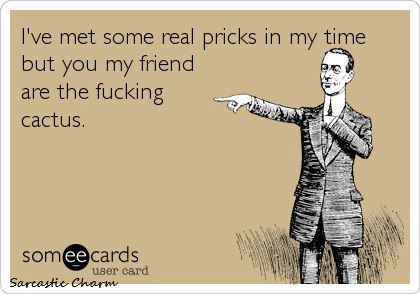EU looks to cut farming subsidies
Ministers are calling for an increase in food production
The EU is renewing efforts to reform its Common Agricultural Policy, the rural payments system that costs more than 40bn euros (£32bn) a year.
It is due to announce proposals aimed at making farming more efficient and environmentally friendly.
The European Commission will suggest going further down a road it embarked on five years ago.
It aims to scrap milk quotas and give farmers incentives to look after the countryside rather than producing food.
BBC Europe editor Mark Mardell says the idea is to make farmers more responsive to the demands of the market - and more at its mercy.
ON THE AGENDA
End to subsidies for major landowners
End to "set-aside" - practice of paying farmers to leave land fallow
Phasing out milk quotas
Money to be redirected to rural development and green programme
Europe's farming future debated
Send us your comments
The draft policy requires approval by all 27 EU member states and the European Parliament.
It calls for milk quotas to be raised then scrapped by 2015.
The commission wants to progressively cut subsidies to farms, and shift the money saved to protect and promote traditional family farms.
The UK has urged the EU to go much further and get rid of direct payments to farmers altogether.
But EU Agriculture Commissioner Mariann Fischer Boel says this is completely impossible politically, and our correspondent says she is probably right.
Safety net
Most EU agriculture ministers say food production has to be increased, but oppose the UK demands, and the French government will fight hard to keep elements of the old system.
One French farmer told the BBC the subsidies should stay as a safety net. "Our prices are very high now so we don't need anything, any safety net," said Langlois Berthelou. "But when the price will get back down ... we will not have any more efficient tool. "We don't have to forget that in Europe we have very heavy burden with all the environmental and labour legislation which farmers around the world, in some other parts, don't have."
http://news.bbc.co.uk/1/hi/world/europe/7409739.stm









 Reply With Quote
Reply With Quote


Social Networking Bookmarks